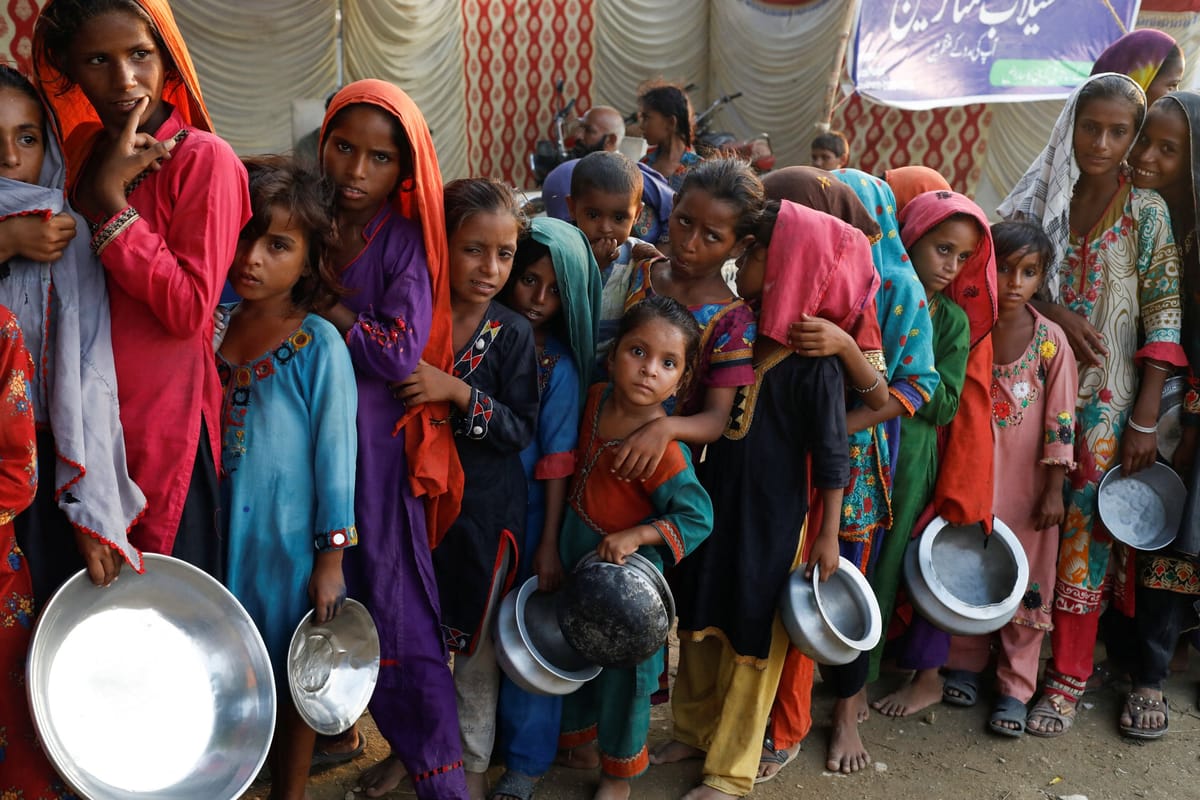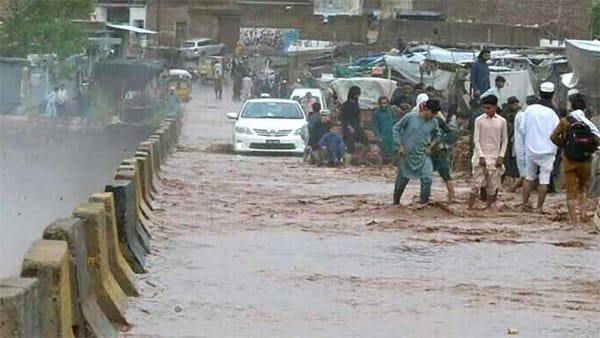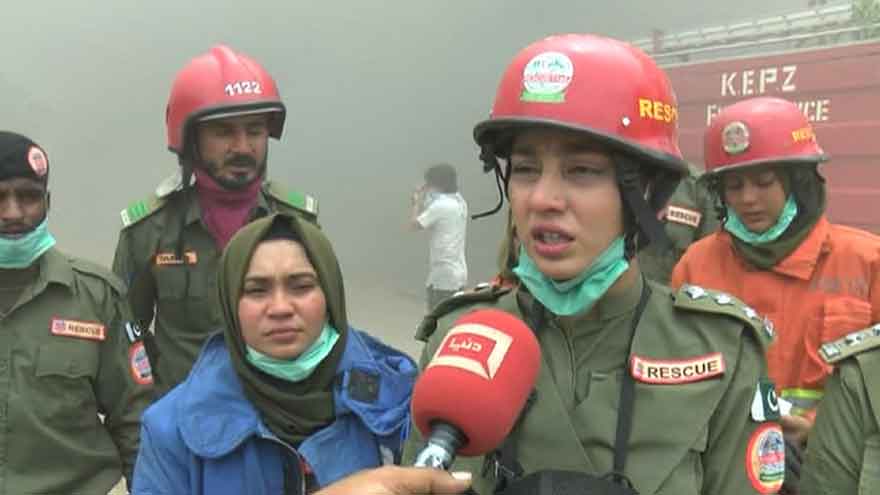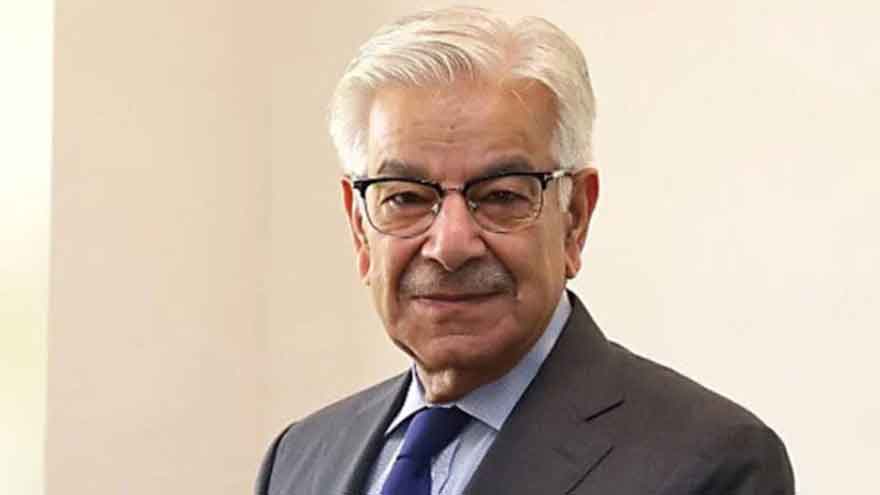Tackling Food Issues Among Pakistani Children: A Call to Action

In Pakistan, a concerning issue has been steadily growing - the nutritional challenges faced by children. This multifaceted problem encompasses various factors that contribute to inadequate nutrition, posing long-term risks to the health and well-being of the younger generation.
A significant number of Pakistani children suffer from malnutrition, both undernutrition and overnutrition. The lack of access to balanced diets and essential nutrients hampers their physical and cognitive development.
Many families, particularly in low-income households, struggle with food insecurity. Limited resources often result in insufficient and inconsistent meals for children, leading to nutritional deficiencies.
The prevalence of processed and unhealthy food choices has increased, contributing to issues like childhood obesity and related health problems. Lack of awareness about proper nutrition exacerbates this concern.
Contaminated water sources contribute to waterborne diseases that affect children's health. Diarrheal illnesses, in particular, can lead to nutrient loss and further compromise their overall well-being.
Implementing educational programs in schools and communities can raise awareness about the importance of a balanced diet. Teaching parents and caregivers about nutrition and meal planning empowers them to make healthier food choices for their children.
The government can play a pivotal role by implementing and promoting policies that address food security and nutrition. This includes subsidies on essential food items, support for local agriculture, and programs targeting vulnerable populations.
Involving communities in grassroots initiatives can foster a sense of shared responsibility. Community gardens, nutrition workshops, and local initiatives can contribute to creating a supportive environment for healthy eating habits.
Improving access to clean and safe water is crucial in preventing waterborne diseases. Government and non-governmental organizations can work together to enhance water infrastructure and provide education on hygiene practices.
Encouraging physical activity is essential for overall well-being. Schools and communities can promote sports, outdoor activities, and physical education to ensure that children lead active and healthy lifestyles.
In conclusion, addressing food issues among Pakistani children requires a comprehensive and collaborative effort involving parents, communities, educational institutions, and government bodies. By focusing on education, community engagement, and policy changes, we can strive towards ensuring that every child in Pakistan has access to nutritious food and the opportunity for a healthier future




